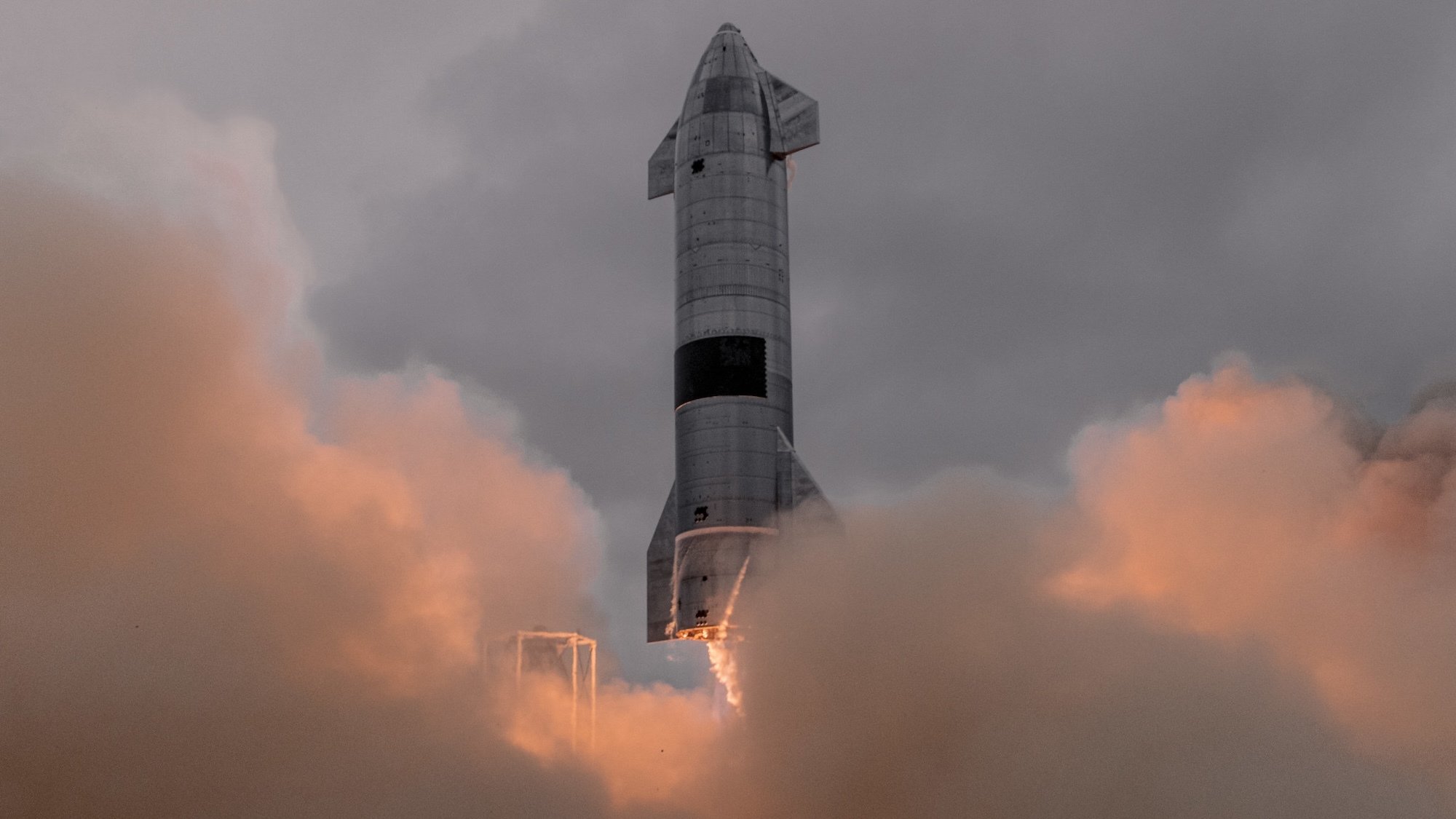SpaceX’s Starship launches at the company’s Starbase facility near Boca Chica, Texas, have allegedly been contaminating local bodies of water with mercury for years. The news arrives in an exclusive CNBCreport on August 12, which cites internal documents and communications between local Texas regulators and the Environmental Protection Agency.
SpaceX’s fourth Starship test launch in June was its most successful so far—but the world’s largest and most powerful rocket ever built continues to wreak havoc on nearby Texas communities, wildlife, and ecosystems. But after repeated admonishments, reviews, and ignored requests, the Environmental Protection Agency and the Texas Commission on Environmental Quality (TCEQ) have had enough.



If you were to pick out any one microorganism and try to get it to grow on Mars without any support, you’re right that it would probably die off. If you were to take a pile of random dirt full of microorganisms and drop it on Mars, they would also probably all die off. But if you keep doing this a lot with dirt and rocks from many different environments on Earth, you may eventually find one that thrives.
There are organisms that carve out some tiny evolutionary niche until they have just the right conditions, and then explode. For example, Ideonella sakaiensis eats PET plastics. It was sitting around doing its thing for millions or billions of years, and then we gave it a place to thrive with all our plastic junk.
There are places on Earth that have some similarities to Mars. It’s quite possible something would survive there.
I agree completely! Life is so cool. I would also say that we are a very, very long way from sending tons of dirt to Mars, but current probes are essentially sterilized, which adds billions to their cost, and for what?